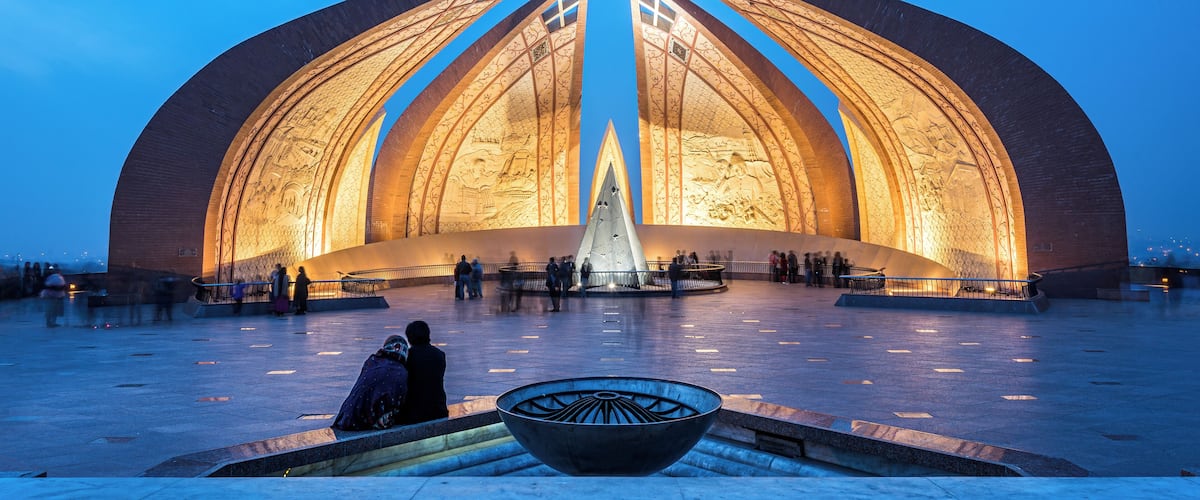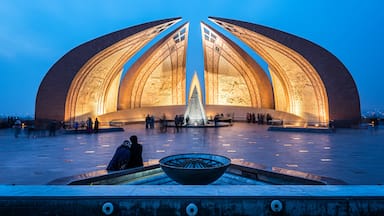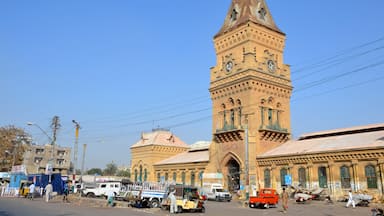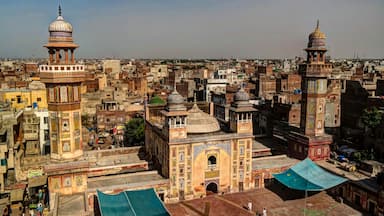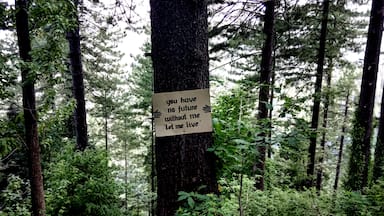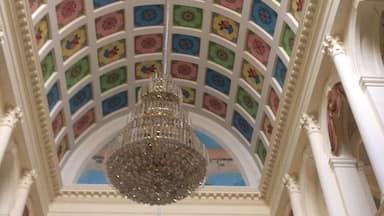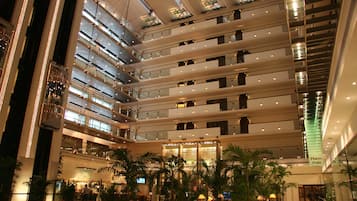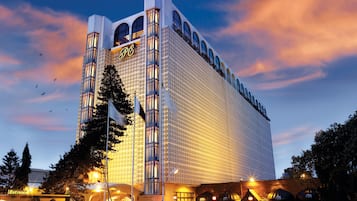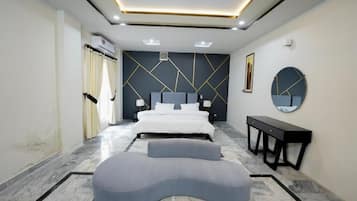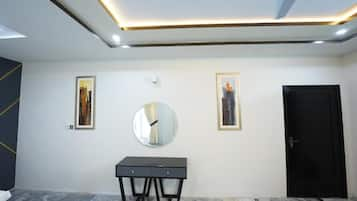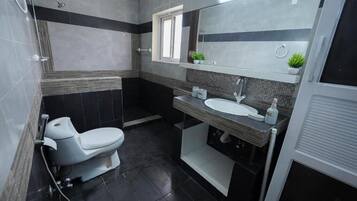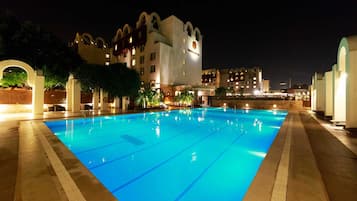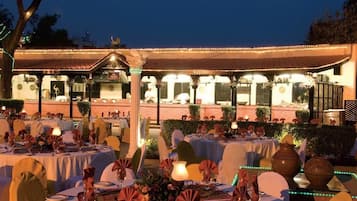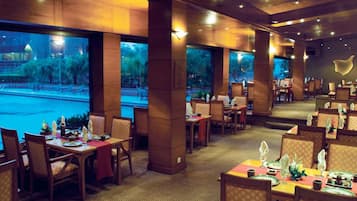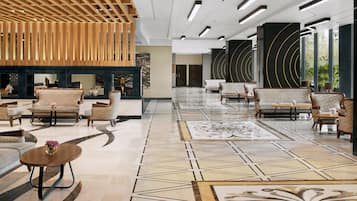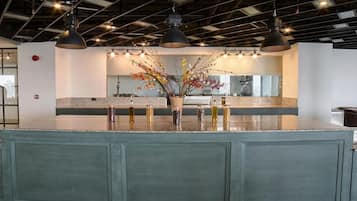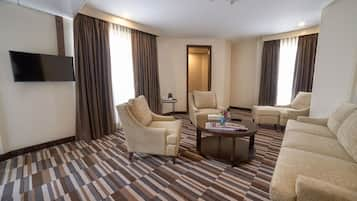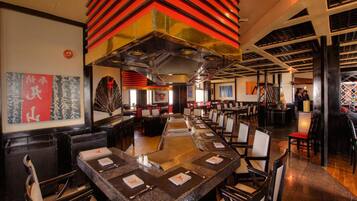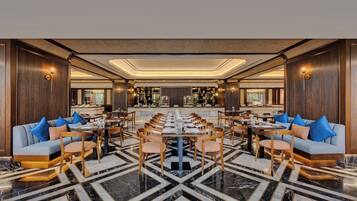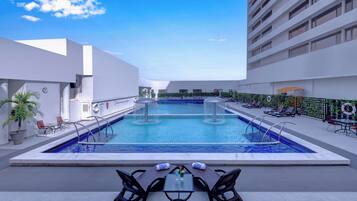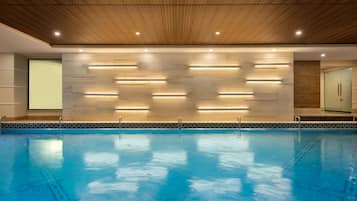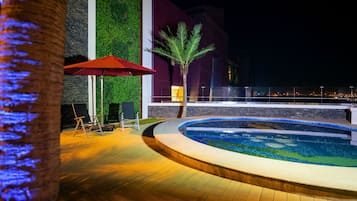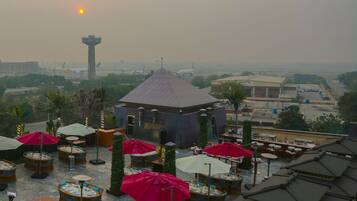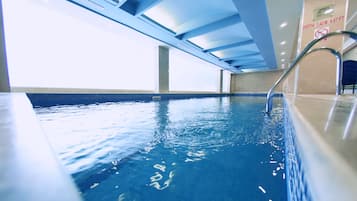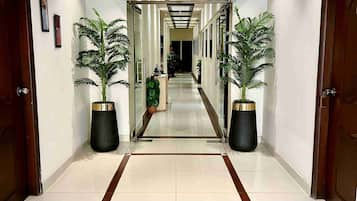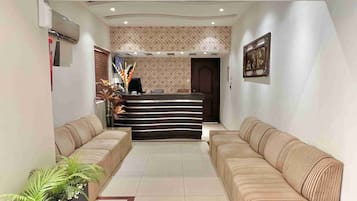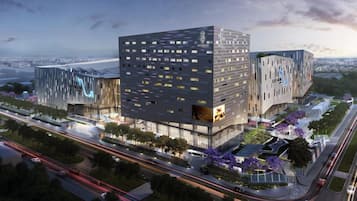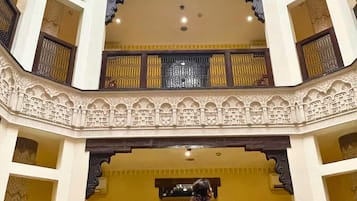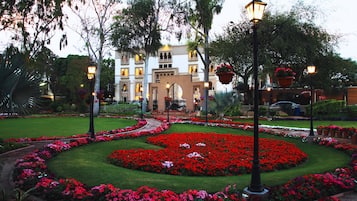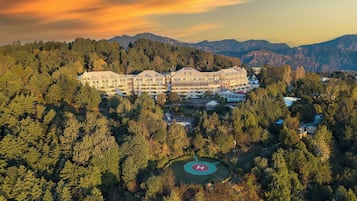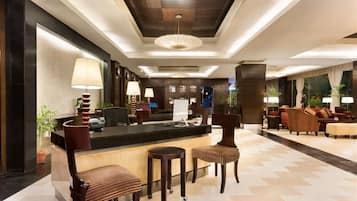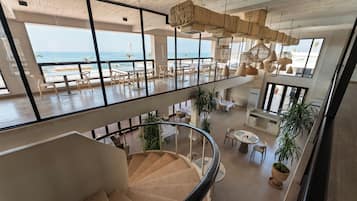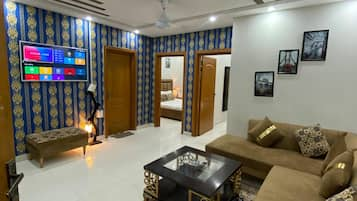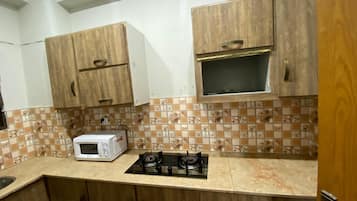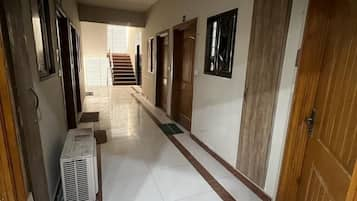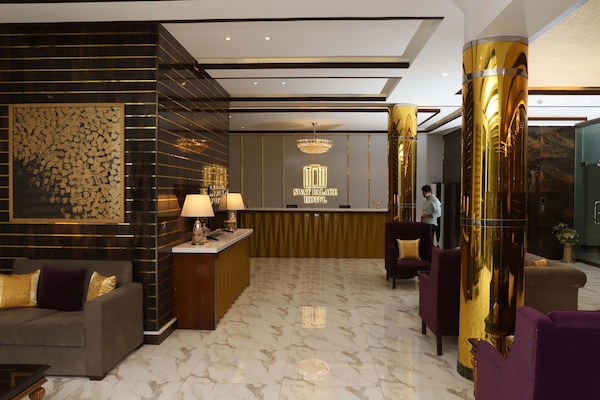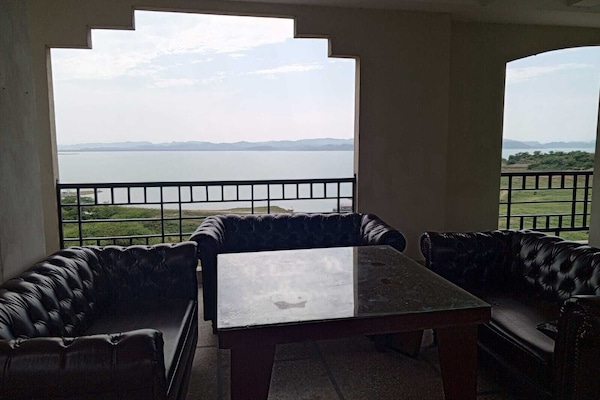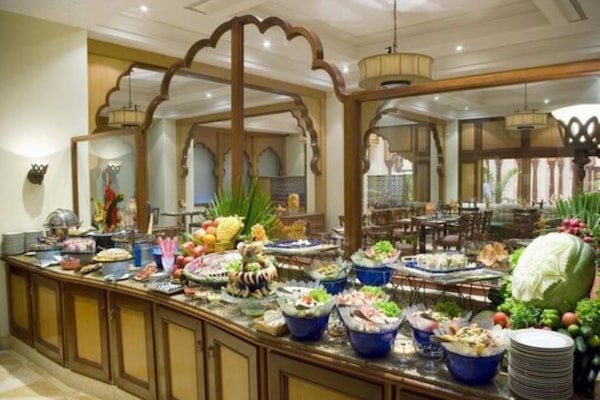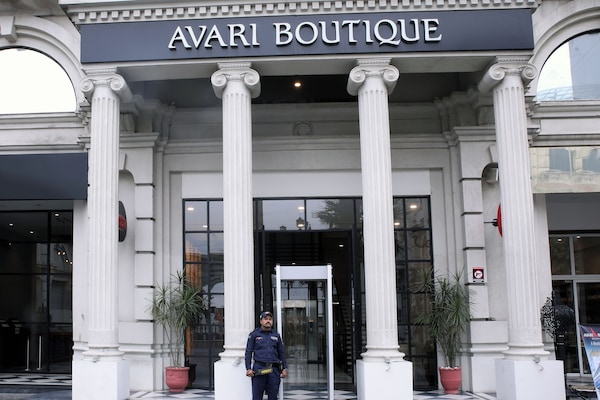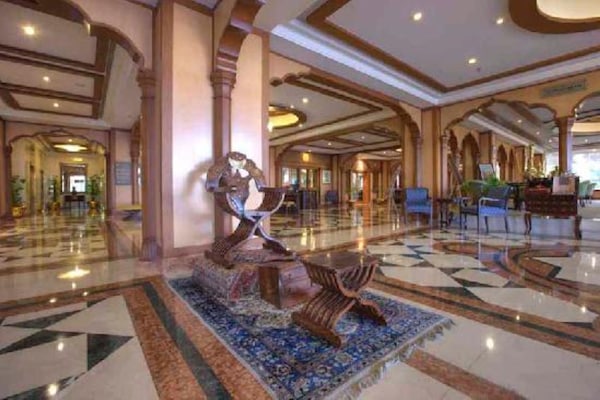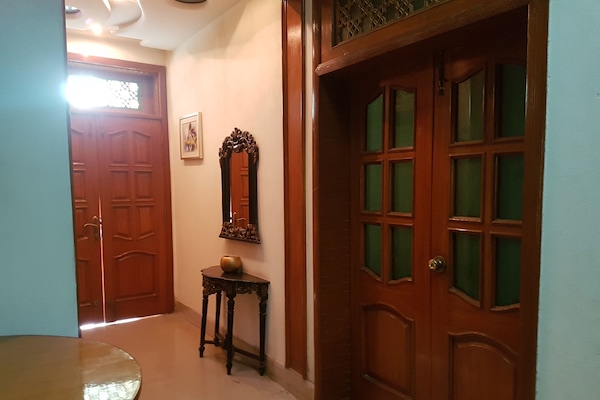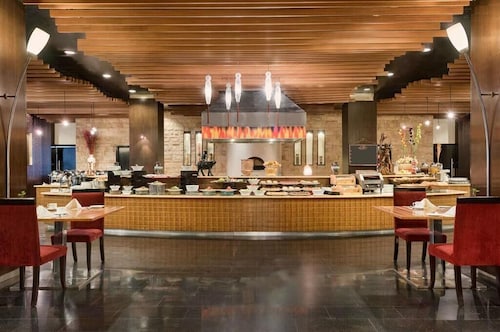Pakistan has been a volatile place to visit in recent years, but most parts of this South Asian country are now safe for tourists. One of the world's oldest civilisations began in Pakistan's Indus Valley around 7,000 B.C. Muslims ruled over this part of Asia for more than 1,000 years before present-day Pakistan became part of the British Raj in 1947 and an independent nation in 1956. Direct flights from Bangkok to Islamabad, Pakistan's national capital, travel 3,600 km and last around 5 hours.
Don’t MissPakistan's three seasons are a cool December to February winter, a hot March to June summer, and a July to November wet season. The best time to visit this diverse country varies by region. Southern Pakistan's days are most pleasant between December and February, while trekking the northern mountains is safest from March to June when there is no snow. The Islamabad’s February National Cultural Festival kicks off Pakistan's festival calendar, which also includes Karachi’s February Flower Festival, Lahore's March Basant Kite Festival, and Chitral’s September Sports Festival.
History can be found in every part of Pakistan, from the massive Faisal Mosque below the Margalla Hills to the painstakingly restored Lahore Fort. Taxila is a UNESCO World Heritage site whose ancient ruins and monasteries are located just 37 km northwest of Islamabad. Another UNESCO World Heritage site, Mohenjo-daro, dates back to 2,600 B.C., while Lahore's Old City ranks among the oldest surviving cities.
Restaurants and BarsPakistani restaurants and food carts serve up many of the same dishes as their Indian counterparts. Kebabs, spicy curries, roti, naan, rice, are Pakistani staples. Dal (lentil dish) is one of the vegetarian friendly meals in this country where tikka masala (chicken curry) and biryani (rice with chicken) are among the common meals. Halwa (sweet made with sugar), burfi (sweet made with milk), firni (rice pudding), and kulfi (ice cream) are some of Pakistan's popular sweets. International restaurants are most easily found in major cities. Nightlife is restricted to hotel bars in this Muslim country whose residents cannot drink or purchase alcohol.
ActivitiesPakistan's diverse landscapes offer plenty of thrilling pursuits. Northern Pakistan, in particular, features Karakoram mountain range skiing in winter and white water rafting in warmer weather. Gilgit and Skardu are two of the most popular climbing destinations in winter, while swimming in Rawal Lake, located 13 km northeast of Islamabad, is a more relaxing hot weather activity.
ShoppingKarachi, Pakistan's shopping capital, contains the country's most modern shopping centres. Clothing and sheets are cheap in Pakistan because many of these products are made in Faisalabad, one of the world's leading textile producers. Sialkot manufactures sports equipment. Camel skin lamps, rugs, shawls, and pottery are among the authentic Pakistani goods for sale at Peshawar's Old City, Lahore's Anarkali Bazaar, and Karachi's underground bazaars.
